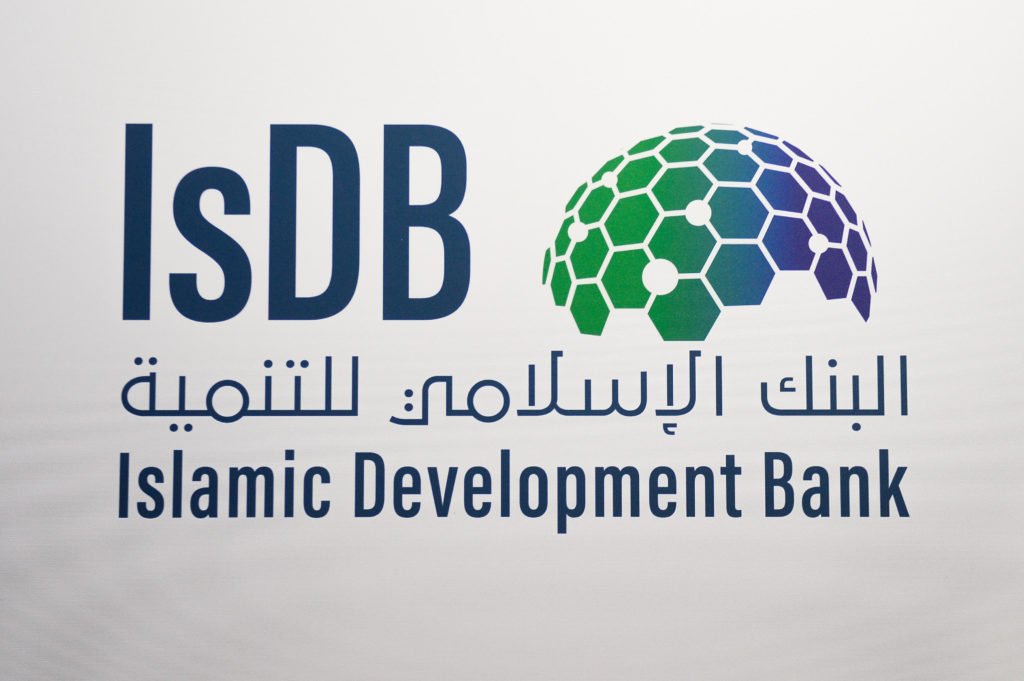TASHKENT
Uzbekistan and the Islamic Development Bank (IsDB) have agreed to establish a new Fund for Expanding Economic Opportunities to support projects aimed at reducing poverty and developing entrepreneurship.
The country’s first socially transformative investment fund will be created with an initial endowment of $100 million with a further increase to $500 million, officials from both Uzbekistan’s government and the IsDB said on the sidelines of the IsDB’s annual meeting in the capital Tashkent.
At the initial stage, the Central Asian country’s government will contribute $35 million, IsDB – $20 million, and the remaining $45 million will mainly come from various Saudi investors.
The Fund will provide an affordable investment platform on which micro, small and medium enterprises (MSMEs), social entrepreneurs and cooperatives of Uzbekistan can receive financial and non-financial assistance to develop their businesses.
The ultimate goal of the Fund “is to contribute to the wide expansion of economic opportunities in Uzbekistan by targeting the lower part of the economic pyramid and involving socially vulnerable segments of the population in projects at all stages of local production”.
According to officials, the Fund will be a part of the government effort to create jobs and fight poverty. It is expected that the new fund will help to create more than 102,000 jobs and support more than 34,000 MSMEs, social businesses and cooperatives, of which at least 50 percent will be directed to support enterprises led by women and youth.
In addition, the fund will further contribute to supporting the government’s efforts to address the adverse socio-economic impact of the COVID-19 pandemic.
Uzbekistan became a member of the IsDB in 2003. The cooperation portfolio comprises nearly 30 major investment projects totalling over $2.5 billion.
IsDB praised investment opportunities in Uzbekistan for foreign and private investors as the Central Asian country is making efforts to improve its investment climate after more than two decades of economic isolation. The closed, autarkic system viewed most foreign investments as a threat. That ended when Islam Karimov, who had led Uzbekistan since before the Soviet breakup, died in 2016.
Current President Shavkat Mirziyoyev, once a prime minister under Karimov, has made attracting foreign investors one of his top priorities in an increasingly ambitious plan to open Uzbekistan to the outside world.

